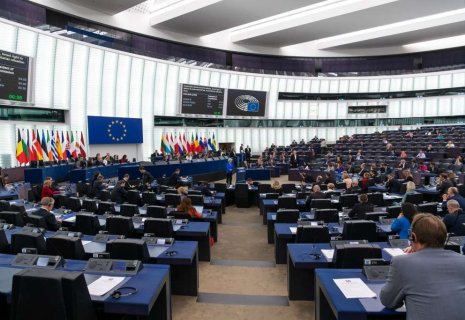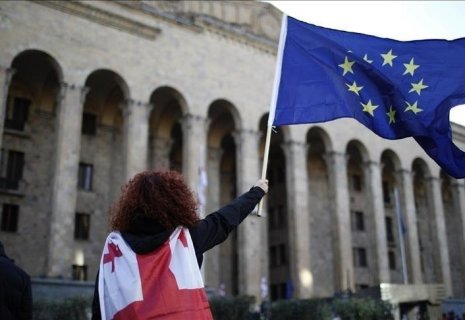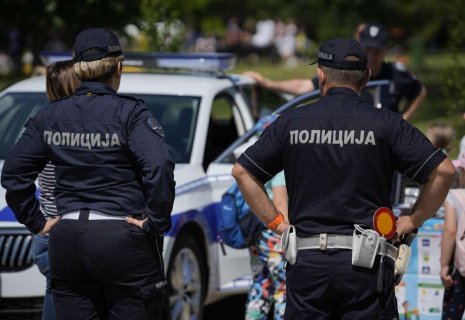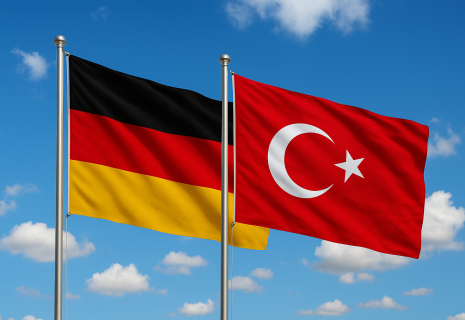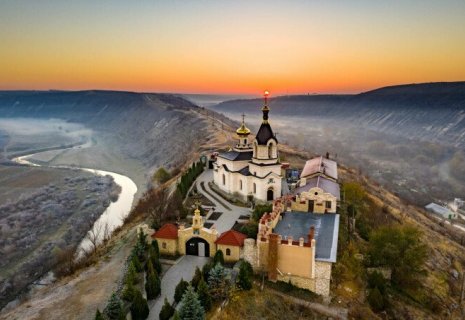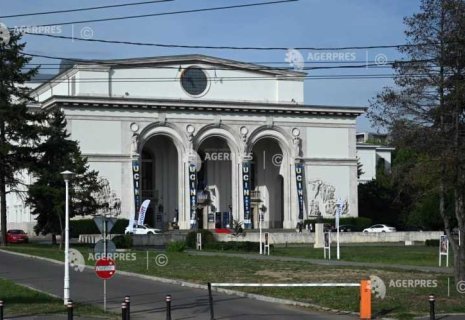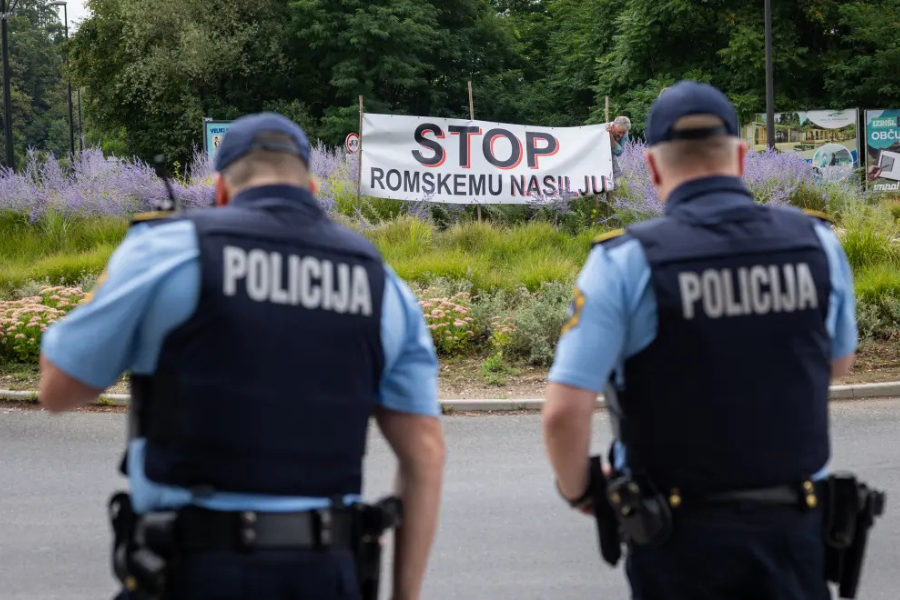
Slovenian police to get greater powers
The government has adopted a sweeping omnibus bill that gives the police and judiciary additional powers in cracking down on crime combined with curbs on social transfers in the wake of a fatal incident in Novo Mesto in which a 48-year-old man died after being beaten by a member of the Roma community. To fill gaps in police ranks, troops will be deployed to joint border patrols.
In the bill named after Aleš Šutar, the man killed in Novo Mesto on 25 October, the government proposes giving the police additional powers in high security risk areas, including searching homes and vehicles without a warrant in certain cases, CE Report quotes The Slovenia Times.
In certain circumstances, officers would also be permitted to remove an individual from a location for breaching public order, and issue an exclusion order to prevent their return.
Police would also be empowered to demand the immediate closure of premises or the dispersal of a gathering where criminal activity is occurring.
The bill also creates the legal basis to shoot photos and videos to prevent, detect and prove crime, or to identify perpetrators, but only in areas designated as having a high security risk and on orders from the police commissioner.
"The Šutar law is not designed to punish, its principal aim is prevention. We want to give police concrete powers to confiscate weapons quickly," Prime Minister Robert Golob said after the government session.
On criminal justice, the government intends to toughen sentencing, particularly for repeat offenders, who may also face restrictions on their right to free legal aid.
Asset seizure, restrictions on welfare
The legislation, which comes after local officials have bee calling for tougher measures to act on Roma crime for years, would also simplify the seizure of assets of unexplained origin and make prosecution mandatory for certain offences, removing the need for a victim to press charges.
Penalties would be increased, especially for violent offences, and fines could be deducted directly from social welfare benefits. Child benefits would not be affected, but instead social services would dispose of them.
The social policy reforms include the possibility for social services to pay welfare payments in kind or to manage them on behalf of the child.
"The right cannot be usurped by someone in the family who will not use the money for the child," Golob said.
A rife problem in Roma villages is teen pregnancies. When girls under the age of 15 give birth, social services would have to assess whether they should take away the baby and the underage mother to protect them. Contrary to the initial proposal, the underage mother will not lose child benefit, but the social services will manage them until she comes of age.
Military to help police patrol border
In the wake of Šutar's killing, police presence in communities with Roma populations in southeastern Slovenia has been increased, which has led to staffing gaps. To tackle the problem, the government activated a Defence Act provision that allows it to deploy troops to join police officers exclusively in joint border patrols.
Soldiers will assist police officers in patrolling the border and dealing with illegal migrants and transporting them, but will not have police powers. Golob pointed out that soldiers "will not be present in villages but will operate exclusively on the border".
The measure, which was taken for the first and only time in 2015 when Slovenia faced a huge influx of migrants, is to be put in place based on a plan drawn up by the police.
Golob said 40 soldiers would be deployed to fill the gap as 40 police officers are redeployed from the border with Croatia to the Novo Mesto region to replace the officers from other parts of the country who came to assist local police after Šutar's death.
Outgoing Interior Minister Boštjan Poklukar, who resigned along with justice minister in the wake of the fatal incident, said the army deployed starting from 7 November.
Parliament to improve on the measures still
He said police would be able to enter homes, other premises or vehicles without a court warrant only to seize weapons where there is an indication that such weapons are hidden.
"This measure is urgent because of increasingly frequent instances of shootings in densely populated areas that directly endanger people's lives," Poklukar said.
Police seized several illegal weapons, including an automatic assault rifle, and ammunition in a Roma village just outside Novo Mesto earlier this week after waiting for days for a court warrant after responding to reports of gunfire there coinciding with a huge rally in Novo Mesto calling for end to violence.
Measures under the proposed law would have limited duration, penal ones to be limited to two years, while security measures will be reviewed after a year. The police will report on army deployment on a monthly basis, Golob said.
Considering the measures were drawn up in a rush with many warning that the solutions would not stand a test before the Constitutional Court, Golob said the time frame and other details may still be amended as the measures make their way through parliament.
Although cabinet members voted unanimously for the bill, those from the Left in particular expect it to be amended in the parliamentary procedure, to make sure the measures are proportionate and constitutional.
Photo: Bor Slana/STA

